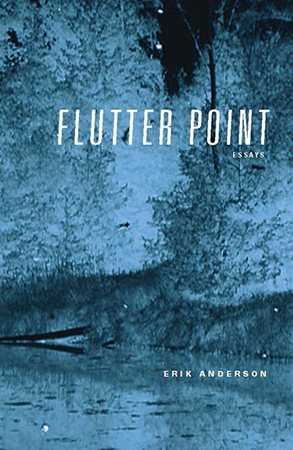The idea had been to see the cherry blossoms, but either they were past their peak or the spring was so protracted they never reached it. We took our son to see the dinosaurs instead, or rather—but how to explain this to a four-year-old—we took him to see the models created from molds scientists had made of their bones. Afterwards, we walked down to the Lincoln Memorial to have lunch on its steps, which were packed densely enough, as was the whole area, to drive us into the trees on the periphery. That was just as well. The whole experience—flowers, dinosaurs, memorials—had aroused my ambivalence, and the longer we sat there that feeling transformed into open hostility. I recoiled from the overblown trappings of Athenian democracy, or was it Athenian ruin?
I remember feeling differently when, at thirteen, my parents took my brother and me to the city as part of our civic education. It wasn’t that the trip inspired any real patriotism, nor was it precisely intended to, but I suppose I felt the paternalism of the place as a comfort, not a menace. I didn’t yet see that the versions of history I had been spoonfed had been written by the victors, and that to someone looking back on first seeing the ships arrive off the coast of Hispaniola, Massachusetts, or Virginia—ships that must have appeared as though from some alien civilization—the course of history could only read as a progressive disintegration.
Walking the area with our son, it felt fitting that the memorial I most admired was built just outside the mall proper, as though the dominant version of the American myth meant a peripheral place for justice. “Injustice anywhere is a threat to justice everywhere,” read one inscription in the marble: “We are caught in an inescapable network of mutuality, tied in a single garment of destiny. Whatever affects one directly, affects all indirectly.” Although in my thirties I take King’s words as a credo, I realize how absent his sentiment was from that civic education. Staring up at Lincoln twenty years earlier, or running my fingers along the names of the war dead, it didn’t occur to me that I was a political site, a small but vital node in King’s “network of mutuality.”
In the homogeny of 1990s West Michigan, there was little reason for a straight white kid to become a site of resistance. I grew up with a variety of privilege that meant, at least in my hometown, my skin, gender, and sexuality didn’t immediately politicize my body. Or rather, I didn’t feel politicized, even though, as I know now, it’s impossible for a body not to be. Had I been transplanted at thirteen to parts of DC beyond the tourist trail, I would not have had the same luxury. My body would have marked me in a way that it never had at home.
That could be why, in retrospect, I admire those kids who took up the gauntlet in spite of their apparent exemption. For whatever reason, they must have felt King’s sense of mutuality much earlier than I did. Either that or some part of their lives had incited a rebellion that would never be quelled, only stoked, by the comforts that kept the rest of us quiet. I’ll never forget the sight of one of these kids, a scrawny guy named Marc, wearing a flowered dress and playing, at a school dance, a cover of Nirvana’s “Rape Me” with his band. The administrators were appalled, but most of us were simply confused. The sexual politics in the cafeteria that night didn’t conform to anything anyone in the room had been taught. We lived in what is still one of the most conservative congressional districts in the country, and at least as I remember it, the assistant principal cut the power before the song was finished.
